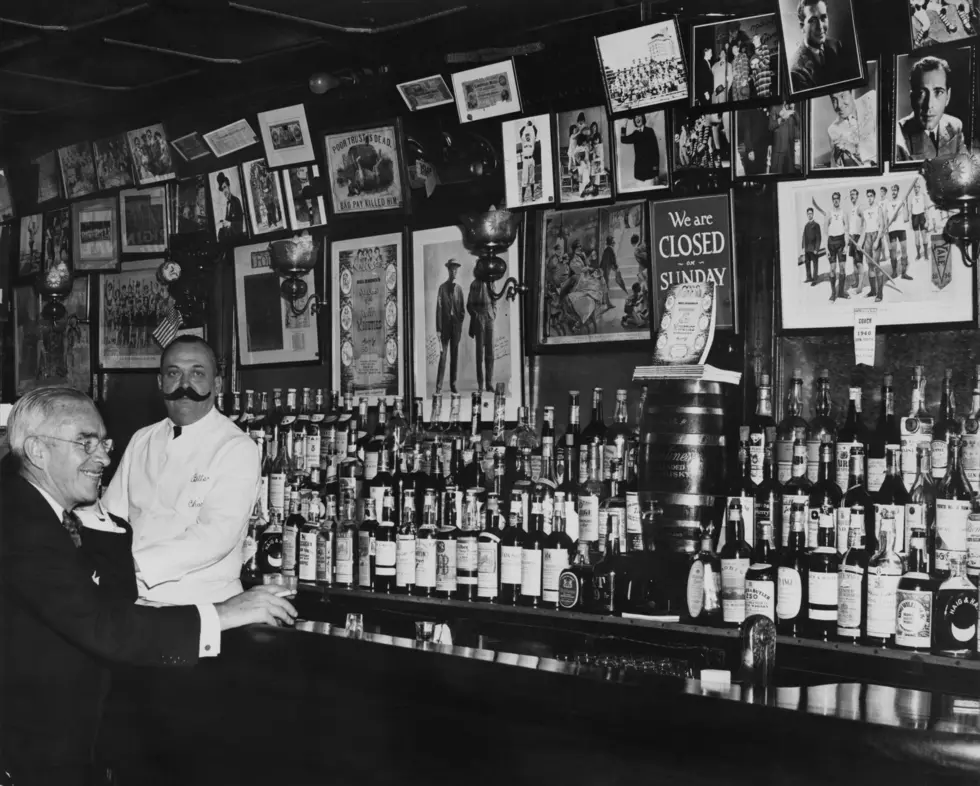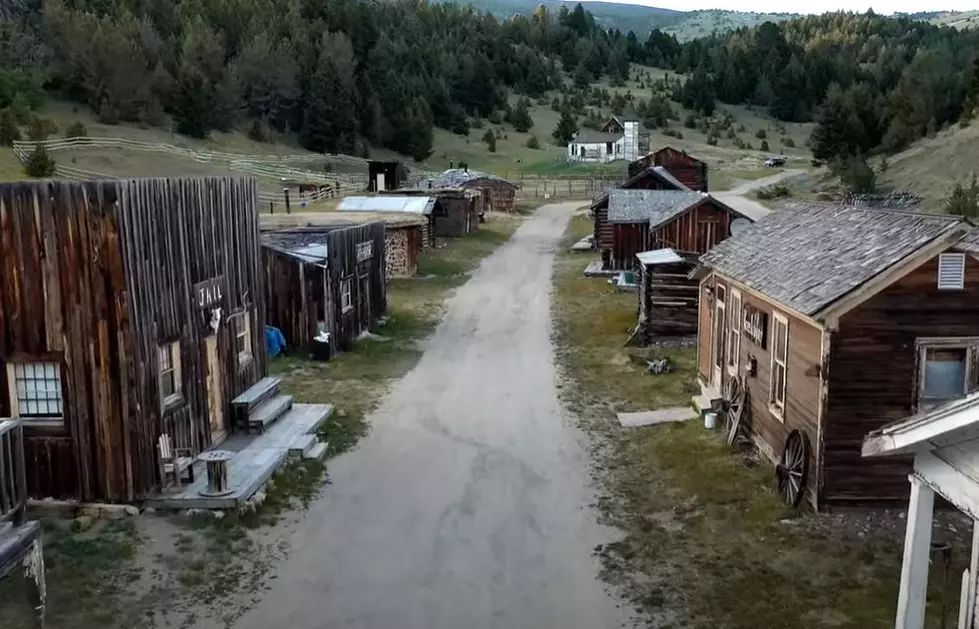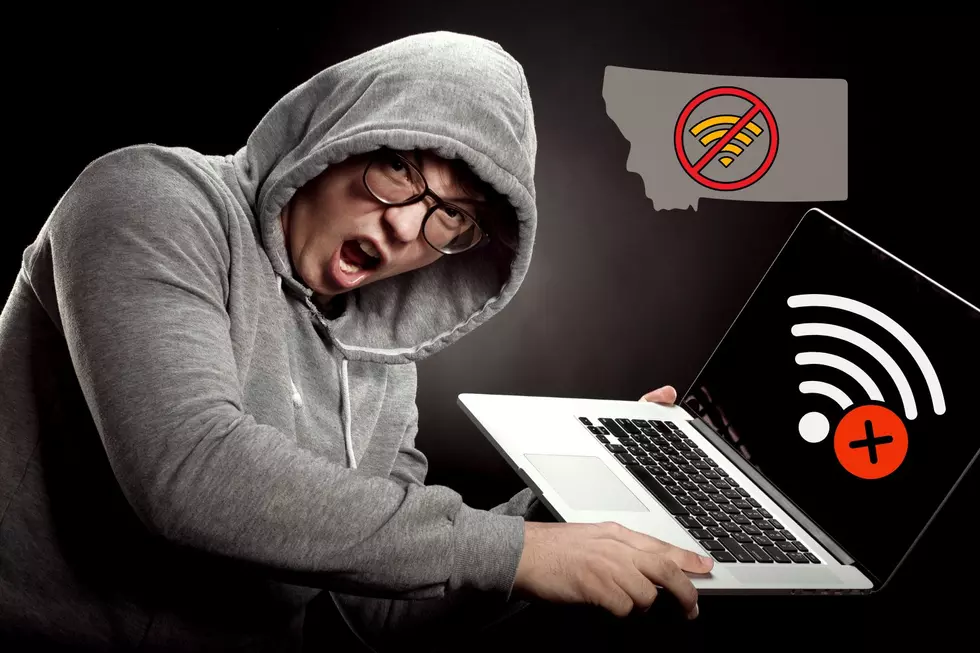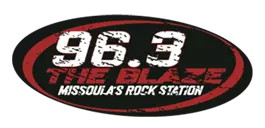
Popular Missoula Bar Was Once a Bootlegger HQ During Prohibition
It has been over a century since the US Congress passed the 18th amendment to the US Constitution. Prohibition was signed into law on January 17th, 1920, making the production and sale of alcohol illegal in the United States. Making all those who manufactured beer or liquor criminals. After giant raids of bars and alcohol manufacturing locations, anyone who sold booze on the black market was now considered a "bootlegger."
January 17th is considered "BOOTLEGGER DAY."
What was life like in Missoula after the 18th amendment passed? Much like today, a century ago, Montanans liked to drink. With alcohol drying up practically overnight, many Missoula establishments transformed into speakeasies. But, who supplied the booze? Well, the trusty bootleggers of course.
What is a bootlegger?
According to the dictionary
a person who makes or sells alcoholic liquor illegally
Missoula was filled with bootleggers and smugglers during prohibition. Those who would build stills in the wilderness and create moonshine, and those who would smuggle Canadian whiskey into the valley from our friends up north.
According to storymaps.com
Charles Bennett; a man arrested during the [prohibition] raids spoke of a formal “bootleggers’ and gamblers’ organization in Missoula.” He detailed secret meetings in the darkened basement of the Exchange Bar on West Front Street, currently the location of Stockman's Bar, where he collected protection money from the “‘soft drink men’ and either delivered it personally or sent it to the sheriff as payment for immunity from "official interference.”
That's RIGHT! Stockman's Bar, one of Missoula's most popular bars, used to be the headquarters for an organized crime ring.
Crime and corruption were not just something you see in old gangster movies based in Chicago or New York. Missoula was no stranger to organized crime and selling booze on the black market.
20 Montana Distilleries You Have to Visit
10 Best Steakhouses in Montana
More From 96.3 The Blaze









